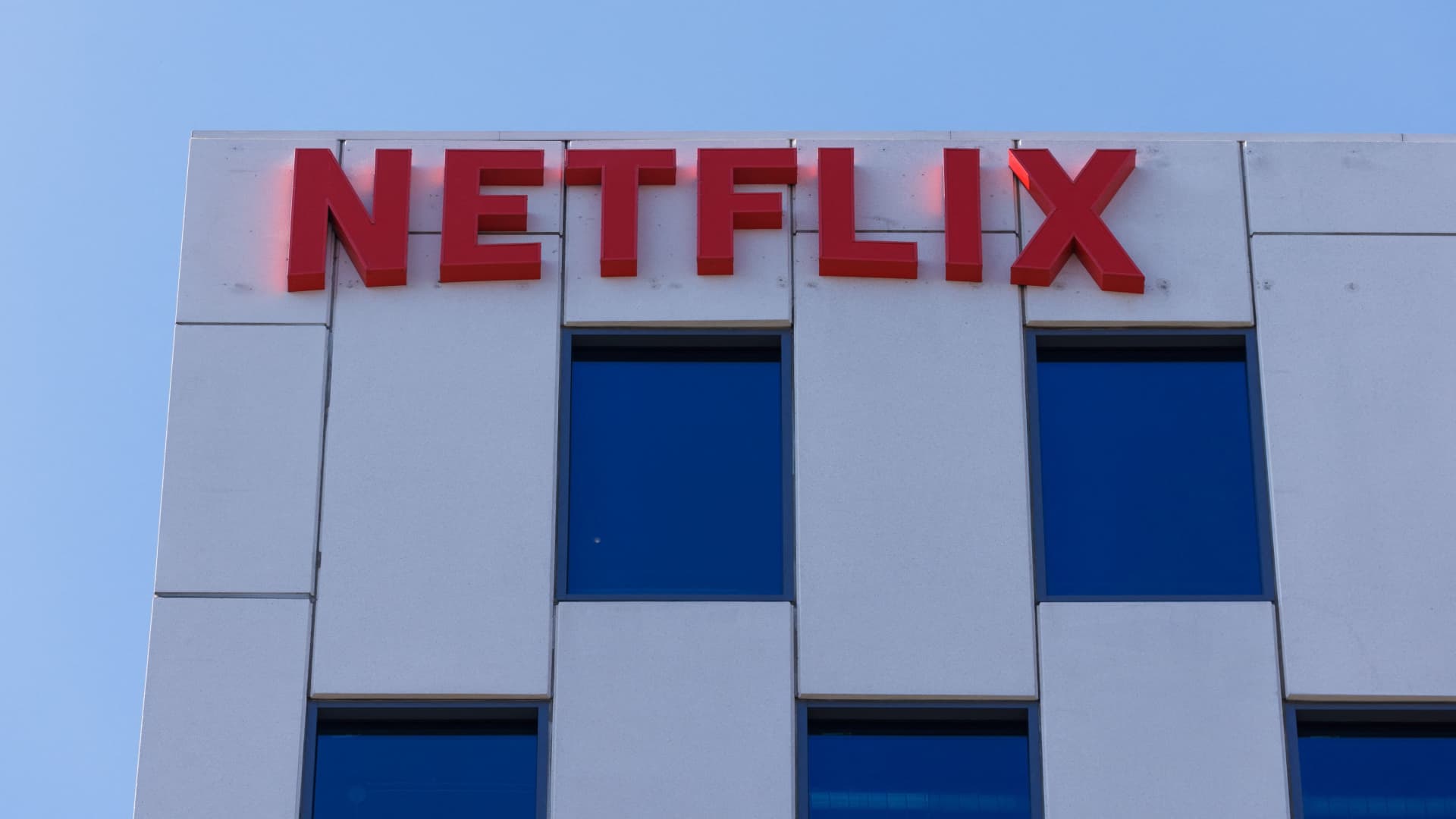
A market pullback could be on the horizon, according to Seaport Research Partners. “The market is too narrow and policy is too tight,” Seaport macro strategist Victor Cossel wrote on Tuesday. “Thus, we see an increasing risk of a tactical market correction in the near term toward SPX 4,750/4,800 as the first dip is upon us.” A tumble toward 4,750 represents a roughly 4% decrease from the benchmark’s current levels. Technically, a correction is a price decline that’s greater than 10%. Cossel said the current market breadth for the S & P 500 , the Nasdaq 100 and the Russell 2000 is rolling over into the new year. Hopes for a Federal Reserve monetary policy pivot fueled stocks’ big rally in December. The strategist notes that three sectors of the S & P 500 — communications, tech and health care — are the only components that have outperformed the overall index. Stocks have slipped to start the week after both the S & P 500 and Dow Jones Industrial Average closed at fresh record highs on Friday . Tech stocks have led the charge that has driven the overall market higher, boosted by earnings results from Amazon and Facebook-parent company Meta Platforms . But the outperformance of tech stocks may come at a price to the broader market, Cossel said. The S & P 500 has seen about 70% of its overall gain from the start of the year tied to the strength of just five stocks: Nvidia, Meta, Microsoft, Amazon and Eli Lilly, he added. The strategist’s argument for a pullback is also rooted in a view that current monetary policy is too restrictive. “Recent hawkish Fed speak raises ‘policy mistake’ risks as Fed speaker commentaries suggest a hesitancy to cut despite PCE [personal consumption expenditures] nearing if not on target,” he said. Fed chair Jerome Powell doubled down on the unlikelihood of a March interest rate cut in a ” 60 Minutes ” interview that aired on Sunday. “While the current economic narrative of jobs and gross domestic product remains favorable — and subject to revision, the market’s continued narrowing discounts a more negative assessment of the economic outlook which we think explains the cloistered outperformance of large cap tech relative to more economically sensitive equal-weight and small cap proxies,” Cossel said. “We sense the market’s anxiousness for Fed cuts stems from its adherence to leading indicator deterioration ‘below the hood’ of headline data,” he added. — CNBC’s Michael Bloom contributed to this report.




